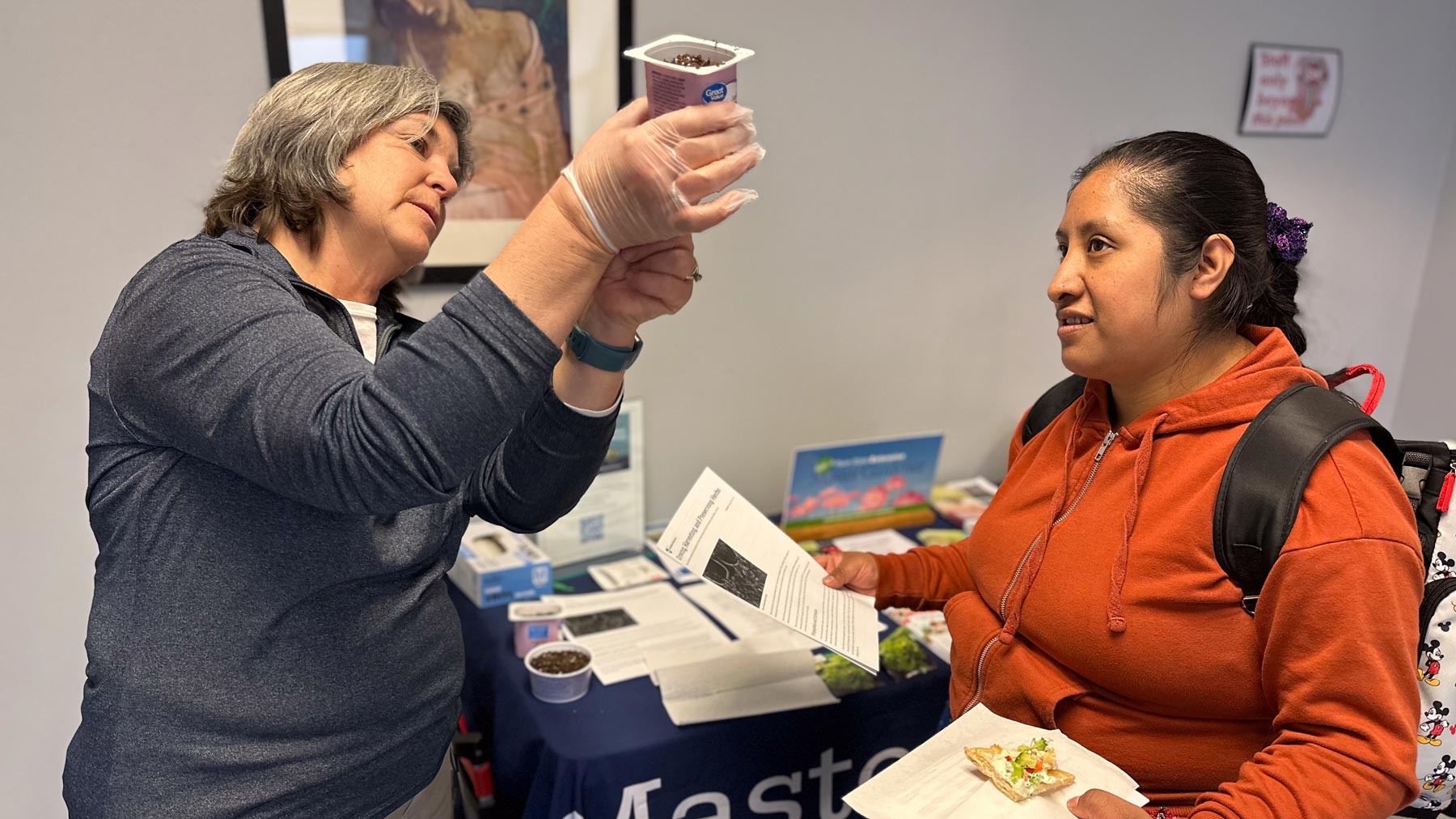Helping Delaware County Families Thrive
Over the past three decades, Delaware County has made significant progress in improving the health and well-being of mothers and babies. Since the 1990s, we’ve seen improvements among our participants in lower infant mortality rates, fewer premature or low birthweight babies, and more mothers receiving prenatal care. Breastfeeding rates steadily increased, teen pregnancy rates declined, pregnancy spacing is safer, and more families are connected to consistent, high-quality medical care. We’ve expanded screenings for risk factors like housing insecurity and mental health, and strengthened the safety net through referrals to essential services.
The Family Village has grown in response to community needs. Our services evolved to meet families where they are, offering wraparound support that now includes housing assistance, mental health care, civil legal aid, and food security. We’ve also built lasting partnerships across sectors to ensure no one falls through the cracks.
Together, we’ve seen real wins.
- We’ve nurtured local leadership, including helping to launch the county health department and lifting up community voices through the Community Consortium and the Delaware County Rental Housing Coalition.
- More babies are born full term. Over the past 15 years, Nurse Family Partnership participants – despite being at higher risk for pre-term birth – had a pre-term birth rate (8.9%) that was lower than the county average (9.6%) and below Pennsylvania’s target goal (9.4%)
- More babies are born healthy and thriving. Since 2005, the infant mortality rate for Healthy Start participants has been 30% lower than the rate for the rest of the city.
- Children enrolled in WIC are more likely to have a regular source of medical care and have more up to date immunizations.
- More families enjoy stable, quality housing. More than 95% of participants remained stably housed a year after receiving support from HOPE.
- Families get help resolving civil legal problems. Last year, our civil legal aid team resolved 491 legal matters for 183 clients, resulting in tangible positive benefits for families, including obtaining $595,771 in annualized financial support and benefits and preventing eviction for at least 35 families.
But in recent years, the positive momentum has hit a powerful headwind. The aftershocks of the pandemic, rising costs for basics, and a worsening housing crisis hit our region hard. The recent closure of our local hospital system added to the strain. Today, the need is greater than ever, while available resources have shrunk.
Still, we remain hopeful. Our greatest assets—community leadership, collaboration, and a shared commitment to families—are stronger than ever. And we’re not done innovating. From launching a new approach to engage community health workers in tackling maternal mortality, to a new peer support model for maternal mental health, to expanding access to doulas through Medicaid reimbursement, we’re creating new ways to support families through challenging times.
That’s what Family Village is about, and our work is more than a response—it’s a promise to keep showing up for every mom, every baby, and every family in our community. Thank you for supporting our work so that every Delaware County family can thrive.
Nurse-Family Partnership was life-changing for me. NFP gave me a support system. I felt more prepared and confident about parenthood because of the NFP program.
Angel, Nurse-Family Partnership client
My nurse made sure I always had essentials such as diapers and milk. My therapist helped me with postpartum depression and PTSD. I didn’t believe I was able to be a good single mother, but my nurse, Grace, gave me hope and allowed me to fall in love with my pregnancy, understand the process, and work on the areas I’m not so good at.
Nurse-Family Partnership client
I will forever cherish and recommend this program to new and expectant mothers! If you are stuck, alone with no help, or feel the need to start a new and better life for you and your family, please make your way to this program.
Jaquana, mother of twins
I went to community college, and I dropped out due to living conditions and family issues. Living in an apartment I couldn’t afford, I had to work three jobs to just to afford my rent. So I couldn’t go to school then. Due to having assistance with my rent, I could go back to school. I’m in school for nursing now. I was able to lower my hours a little bit to pick up more time for classes. But that’ll probably be the biggest impact is the flexibility due to me having housing assistance.
Family Village Participant
